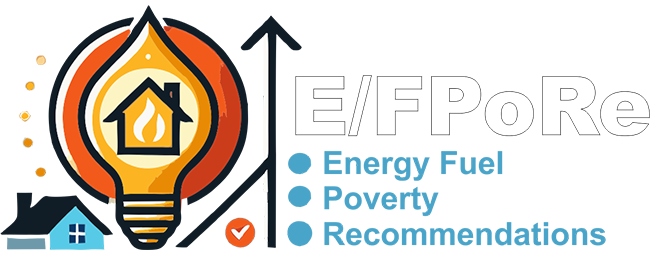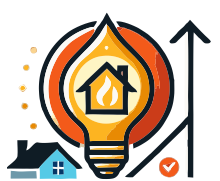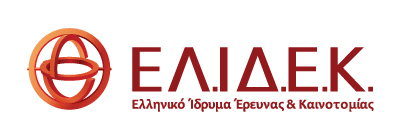An overview of South Europe's energy-related aspects of poverty
About our Project
EFPoRe-SE project aims to improve the public treatment of energy poverty. The research team will use data from each partner country and follow state-of-the-art statistical, spatial, and econometric approaches to develop methods for measuring EP. The innovative part of the main goal is to identify measurable changes in energy needs observed in several countries with different socioeconomic status, political governance, and population structure, as well as in behavior that people cover their energy needs. The integrated project tasks will attempt to:
a) investigate the causal relationships between fiscal and socioeconomic variables and energy poverty in Southern European countries,
b) interpret the observed changes between countries, and
c) investigate policy initiatives on issues such as the public and fiscal finance system.
Specific objectives of the project:
The analysis of Greek data and its comparison with data from other economies (partners) aims to contribute to the study of how energy needs influence the life of actual households. The methodological approach will be based on pool datasets from the Greek, Italian, Portuguese, and Spanish national statistical authorities (annual household budgets). The whole venture will be accompanied by the expectation that most empirical evidence may help study energy/fuel poverty at the international level. Notably, the specific objectives of the proposed project are:
- First, to highlight the overall picture of the residential energy consumption of households in Greece and other South Europe partners-countries (Italy, Portugal, and Spain) by examining the dimensions of energy poverty.
- Second, to specify quantitatively measured indicators* that will determine which household can be characterized as a poor household, thus revealing essential differences between households who live in different countries. These indicators will show the lasting impact of energy poverty on a society through which policy instruments can be based on these findings. More recent data, including the pandemic crisis effect, will provide significant results about energy-consuming behavior in South European economies.
- Third, after unfolding the population characteristics per country facing energy poverty, we will create and disseminate our dynamic EFPoRe-SE website on which all project results (deliverables) will be published. Furthermore, households from each country-partner (anonymously) can participate by providing information (socioeconomic, regional, thermal systems, dwelling characteristics, etc.). Then, the platform will respond by characterizing its status concerning energy poverty. The platform will take into account the economic status of each country.
- Fourth, concluding the characteristics and effects of the energy needs concerning energy poverty is helpful on more general issues, such as how societies can react to significant economic and social shocks when trying to cover their energy needs. In other words, empirical findings and research will lead us to discuss in a roundtable way, inviting policymakers and suggesting implications and measures to alleviate the energy issue among households in each country.
- Finally, apart from the objectives linked to the expected research findings, the project will offer interdisciplinary research open to environmental, economic, and social scientists. Also, it intends to establish collaboration between research Institutes and Universities. In this context, the proposal's implementation will enable the development of learning and cooperation synergies - primarily and mainly within the research team for the benefit of the youngest researchers. Secondly, disseminating the findings will further enhance networking between researchers from related or different research fields.
Existing challenges: All partner countries have many differences in the energy sector. These issues are well-known and have repeatedly attracted the scientific community's attention internationally regarding their long-term and macroeconomic consequences. However, examining these energy trends' measurement and impact on residential energy consumption remains disproportionately limited concerning their importance. The current project aims to contribute to this field by investigating the impact of energy needs on a household level using micro-data from an extensive international sample survey. Nevertheless, data inconsistencies and lacks in the partner countries should be considered as additional challenges and risks.
*Regarding measuring energy poverty, some engaged energy poverty indicators, some carried out ad-hoc surveys, and others developed new indices to better reflect the problem. In particular, the EP indicators are :
a) expenditure-based indicators,
b) consensual-based indicators,
c) direct measurement indicators.



